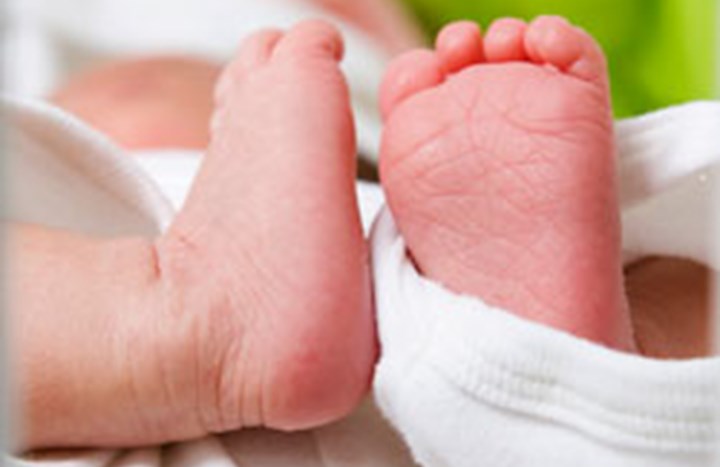1-10 of 13 result(s)
RCM and RCOG combine supporting reduction in stillbirths and pre-term births
A study to evaluate a new tool - with input from the Royal College of Midwives (RCM) and the Royal College of Obstetricians - supporting midwives, obstetricians and other health professionals to reduce stillbirths and pre-term births has ...RCM part of coalition launching videos to support health staff on signs of life in extremely pre-term babies
Two videos to help health professionals in assessing, identifying, and documenting signs of life in extremely preterm babies have been published by a coalition of health organisations including the Royal College of Midwives (RCM).
Pain study tests morphine for effectiveness on premature babies
Administration of oral morphine (100μg/kg) to non-ventilated premature infants has the potential for harm without analgesic effectiveness, a study concludes.
Review estimates levels of preterm birth in 2014
A global preterm birth rate has been estimated at 10.6% for 2014, new analysis has found. It equates to an estimated 14.8 million live preterm births.New standards set benchmark for preterm and sick babies’ care
The European Standards of Care for Newborn Health have been published, setting a new benchmark for the care of preterm and ill babies.
Preterm birth rates highest in Asia and sub-Saharan Africa, research says
A new paper estimates that nearly 11% of all live births were preterm in 2014, with 81% of them occurring in Asia and sub-Saharan Africa.
Long-term prognosis for extremely premature babies can change ‘rapidly’ post birth, study shows
For extremely preterm infants, changes occur rapidly after birth in terms of long-term prognosis and major neurodevelopmental disability, research finds.
Local investigations into baby deaths have improved, says RCOG
A progress report reveals improvement of local investigations into baby deaths and brain injuries that happened during childbirth.
Breastmilk benefits preterm babies’ brain development
Breastfeeding premature babies results in infants’ better brain development than feeding with formula, a study finds.

